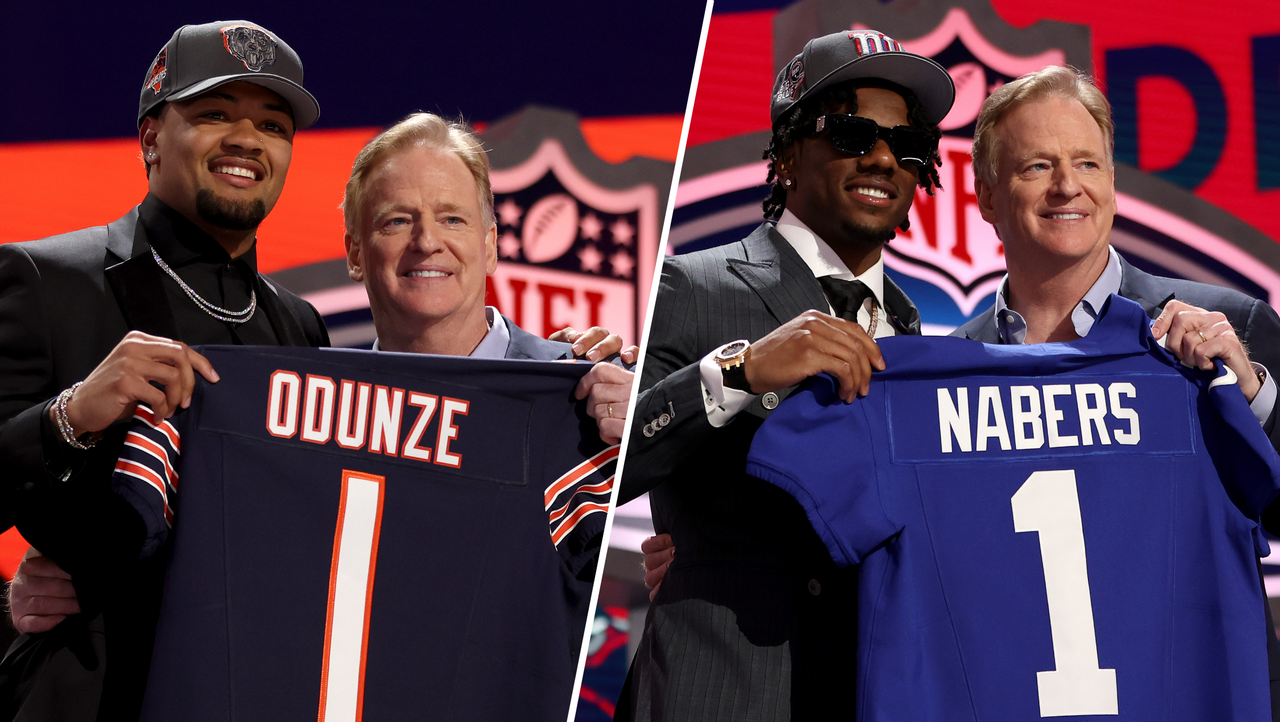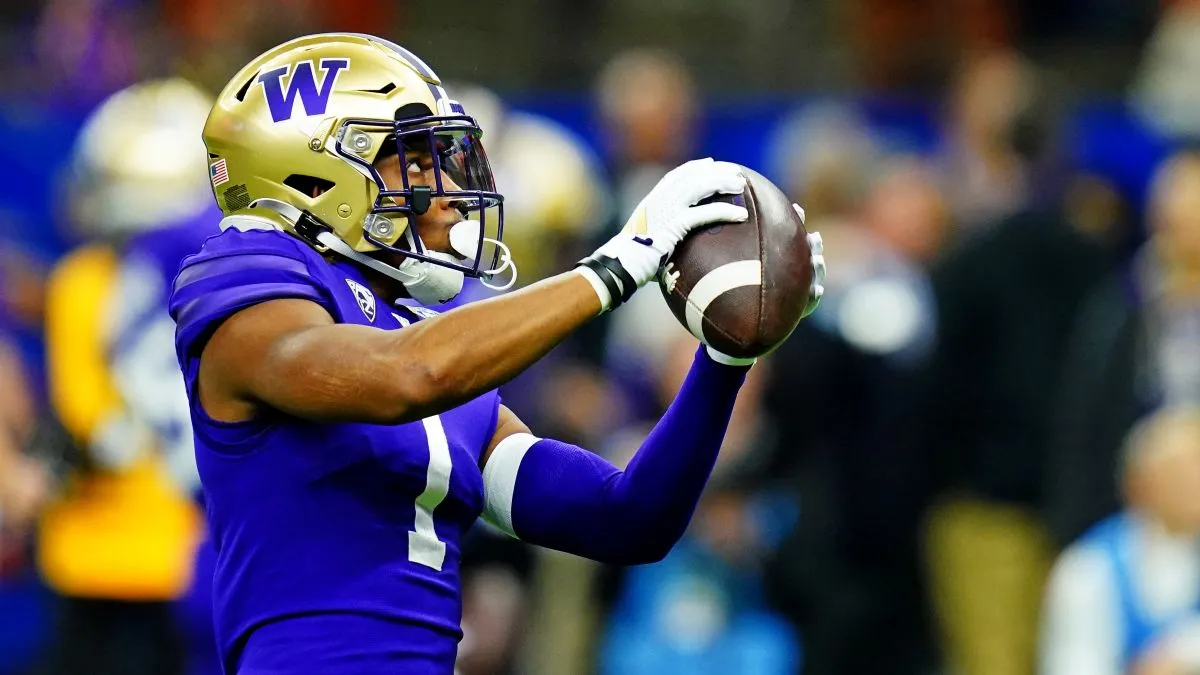I’m not sure whether to be encouraged or terrified by the NFL’s first coronavirus cluster-you-know-what over the weekend.
On one hand, it’s encouraging that the Bears said they were able to quickly identify all nine of their positive COVID-19 test results as false positives using, per NFL Network’s Ian Rapoport, point-of-care rapid testing. All it meant was pushing practice back from 9:20 a.m. to 1:30 p.m.
And to be clear, while you might be shocked by nine false positive results and question the reliability of the tests used by the NFL, it was not due to nine separate tests failing to be accurate.
Stay in the game with the latest updates on your beloved Chicago sports teams! Sign up here for our All Access Daily newsletter.
“That would be like winning the lottery several times in a row,” Zach Binney, an epidemiologist at Oxford College of Emory University, told me.
The polymerase chain reaction (PCR) tests used daily on players and staff are extremely accurate. So the issue is, most likely, with the lab – as the NFL alluded to – not with the tests the NFL is using.
In other words: Don’t blame the tests.
This is all good news, in a way, that the NFL was able to so quickly identify not only a spike in tests, but in all likelihood a false alarm. The rapid tests the Bears used to confirm the false positives are reliable, Binney said. So the Bears, then, were able to be confident in the issue being with the BioReference lab and not an outbreak of the novel coronavirus at Halas Hall.
NFL
“If I were advising the Bears right now, I would be advising them to cancel practice for today,” Binney said. “And then in the very likely case that everybody comes back negative tomorrow, great. Get back to work.”
Binney said he still wouldn’t practice until another round of PCR tests can be conducted.
So as I’m writing this, I’m mostly encouraged by how the NFL handled these testing issues. But I’m still a little terrified.
Because confidence does not necessarily equal certainty. And if another round of PCR tests – which the league gets back in 24 hours – is the only way to be certain, there is still some risk in practicing Sunday.
Or, if this were three weeks from today, playing a game.
This issue did not just hit the Bears. It appears to have hit the Bills, Browns, Jets, Steelers and Vikings, too. If this happened on Sept. 13, it could create a major scheduling – and, more importantly – competitive balance headache for the NFL.
The NFL, to date, has been largely free of COVID-19. Only four players are currently on the league’s reserve/COVID-19 list – which, by the way, does not mean the player tested positive for the novel coronavirus. The Bears haven’t had a player on the COVID-19 list for 20 days, when tight end Eric Saubert and defensive lineman John Jenkins were activated off it.
But another round of presumed false positives the Saturday before 28 teams are supposed to play could lead to some difficult decisions for the league. Could “an abundance of caution” lead the league to postpone Sunday games by a few hours, or to Monday? Or a Week 2 game to Week 14 while blowing up their schedule in the process?
The Bears, in emailing media about Sunday’s schedule change, included a reminder in bold all caps: “ALL PRACTICE DATES AND TIMES ARE TENTATIVE AND SUBJECT TO CHANGE.”
Maybe we should start thinking about the NFL’s schedule that way, too.
a


